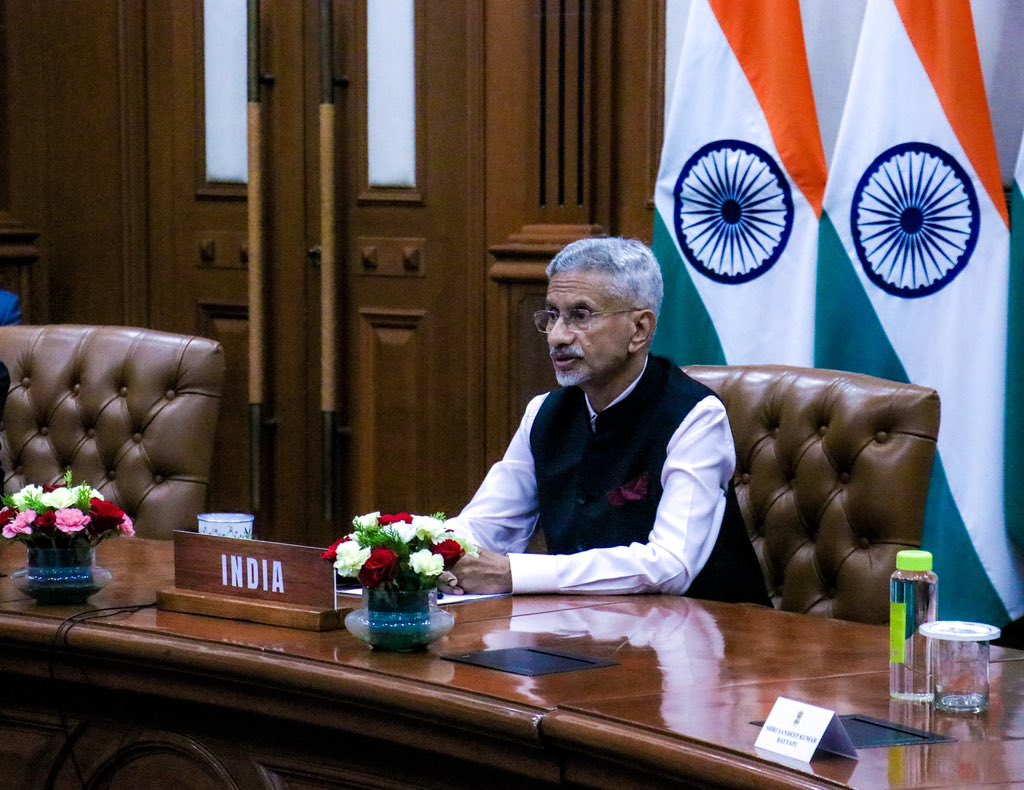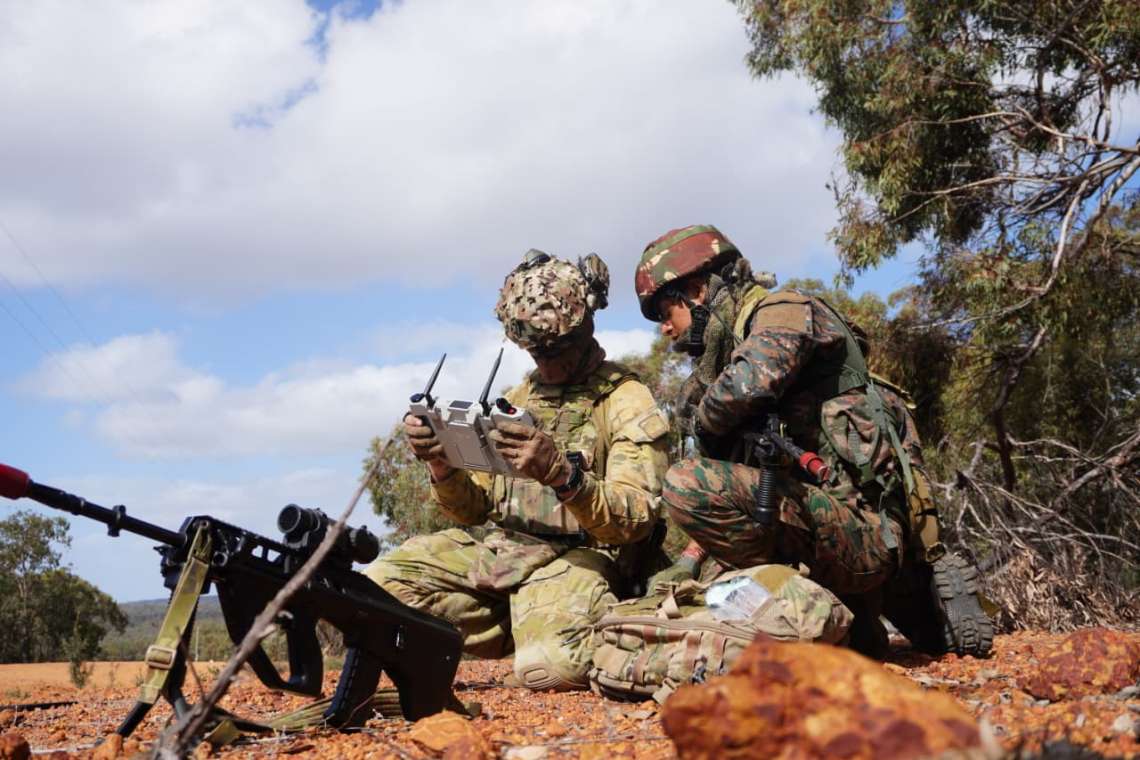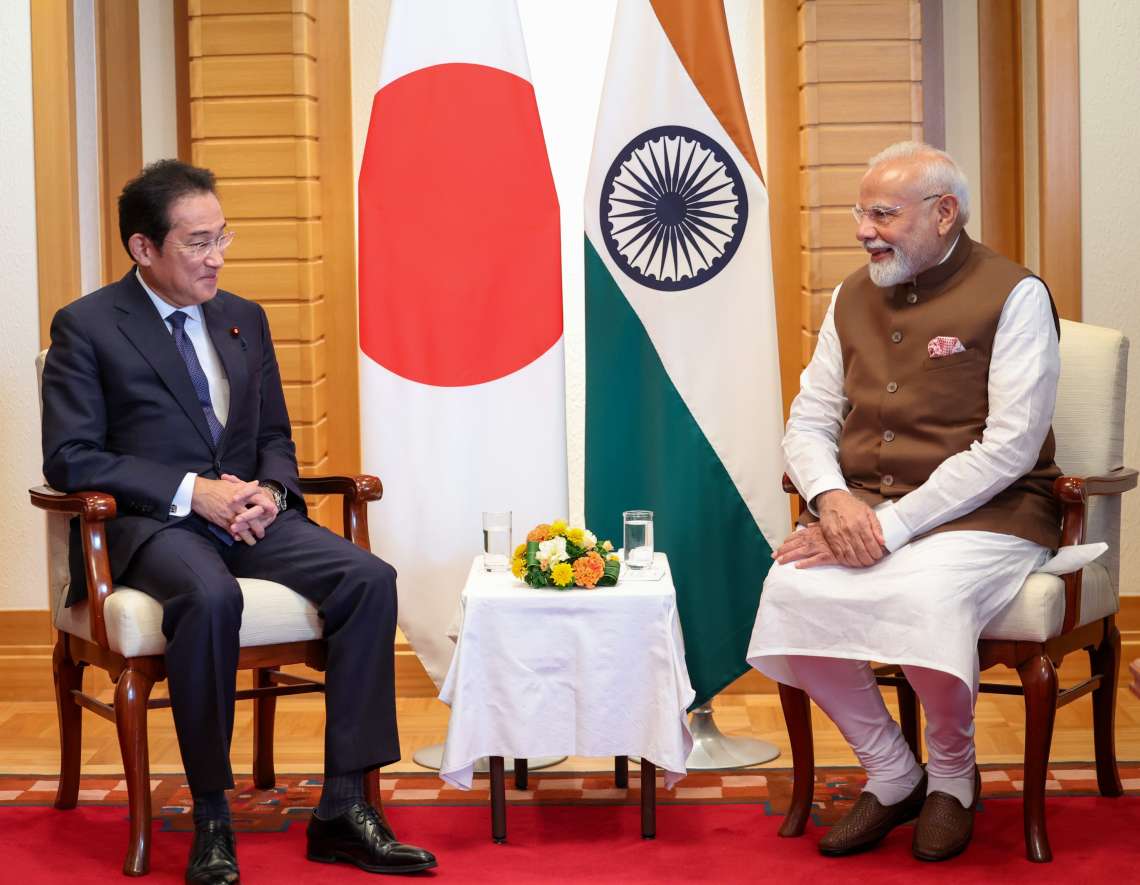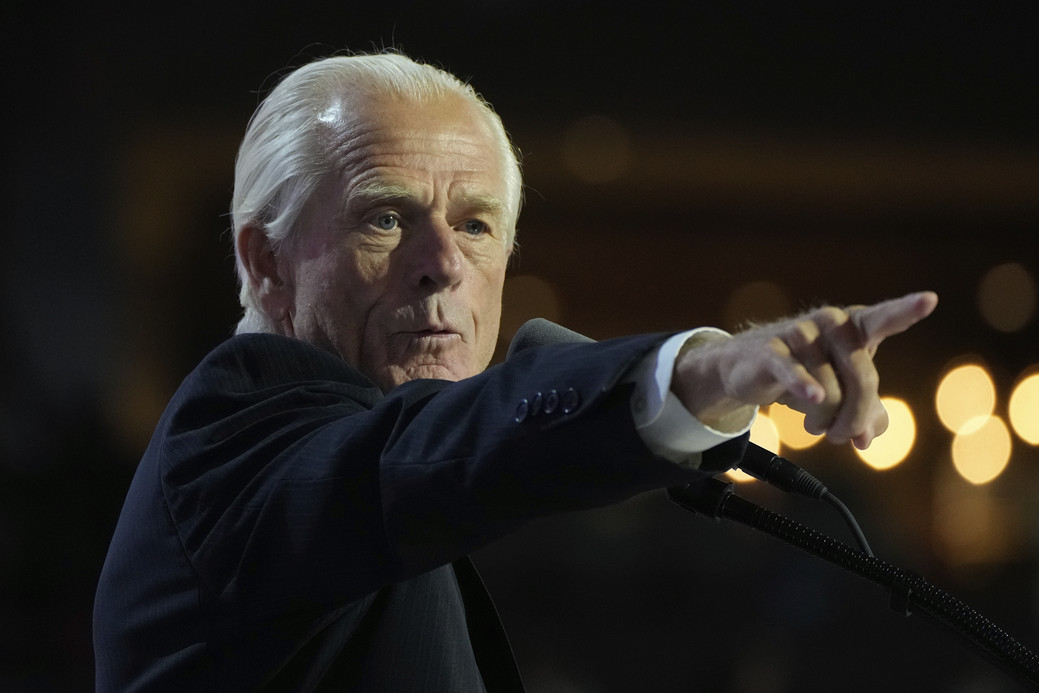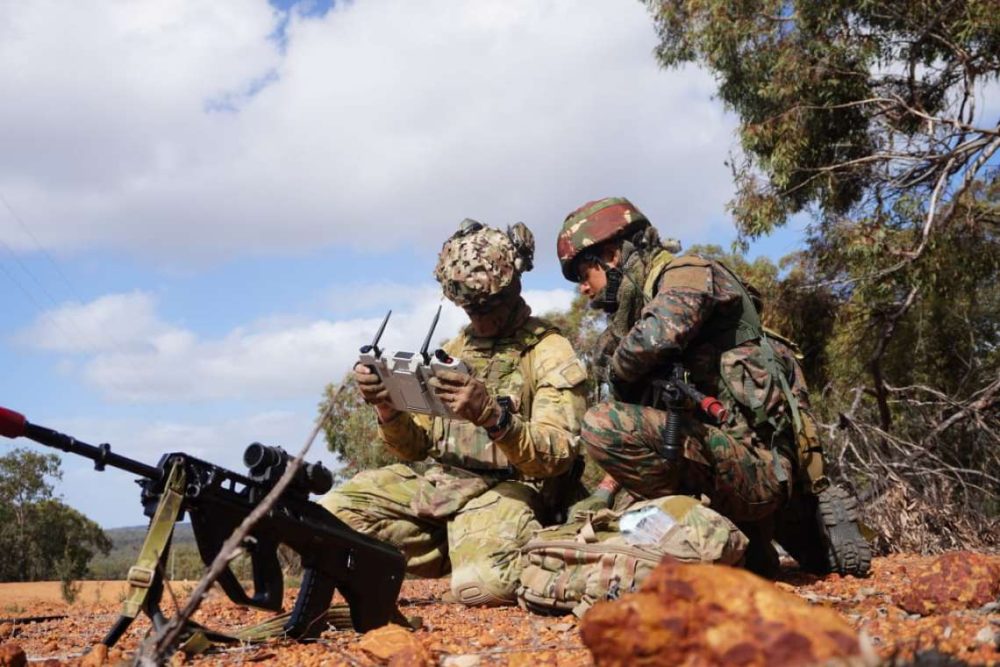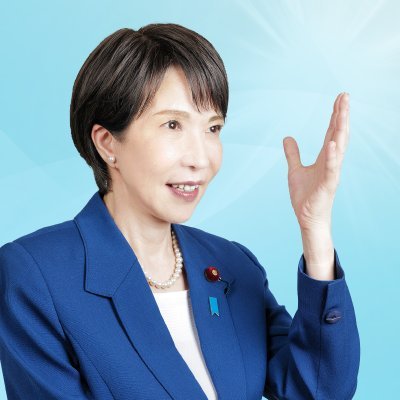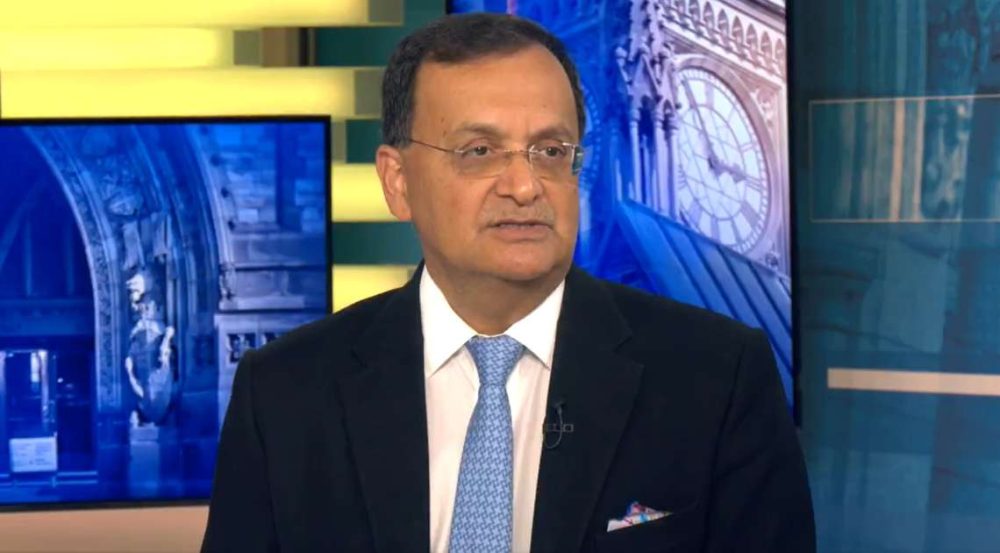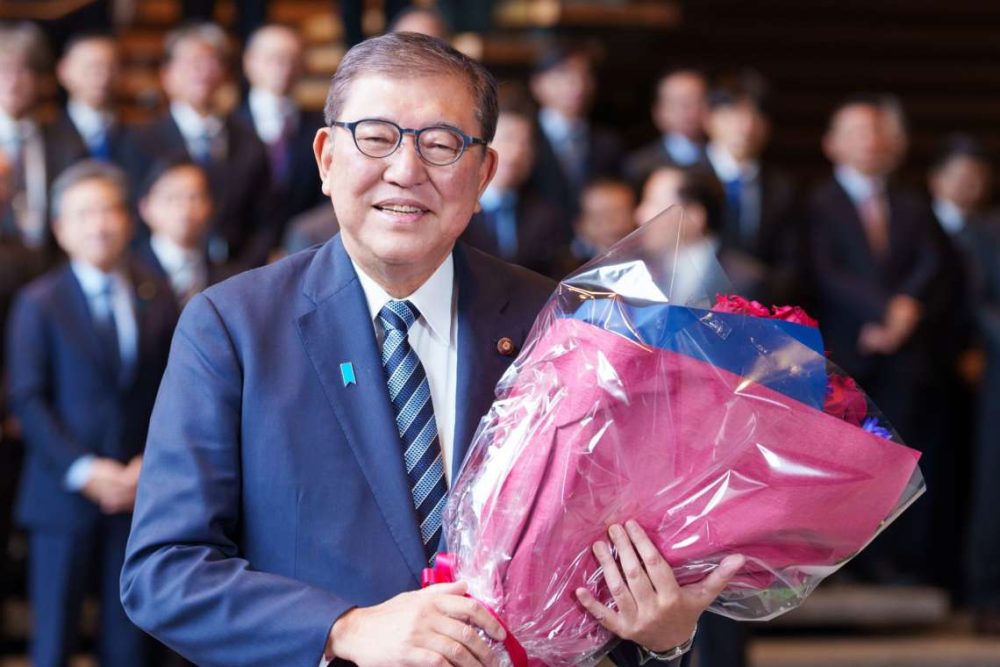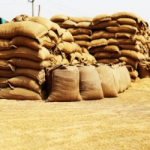Jaishankar called trade patterns and market access key global issues, urging cooperative approaches for sustainable trade….reports Asian Lite News
External Affairs Minister (EAM) S Jaishankar on Monday called trade patterns and market access “prominent issues” in the global economic discourse while stressing that world requires constructive and cooperative approaches to promote trade that is sustainable.
“The world as a collective is seeking a stable and predictable environment for trade and investment. At the same time, it is imperative that economic practices are fair, transparent and to everyone’s benefit. When there are multiple disruptions, our objective should be to proof it against such shocks. That means creating more resilient, reliable, redundant and shorter supply chains. Not just that, it is also essential that we democratize manufacturing and production and encourage their growth in different geographies. Progress in that regard will contribute to regional self-sufficiency and relieve anxieties at times of uncertainty,” the EAM said while addressing the Virtual Summit of BRICS Leaders.
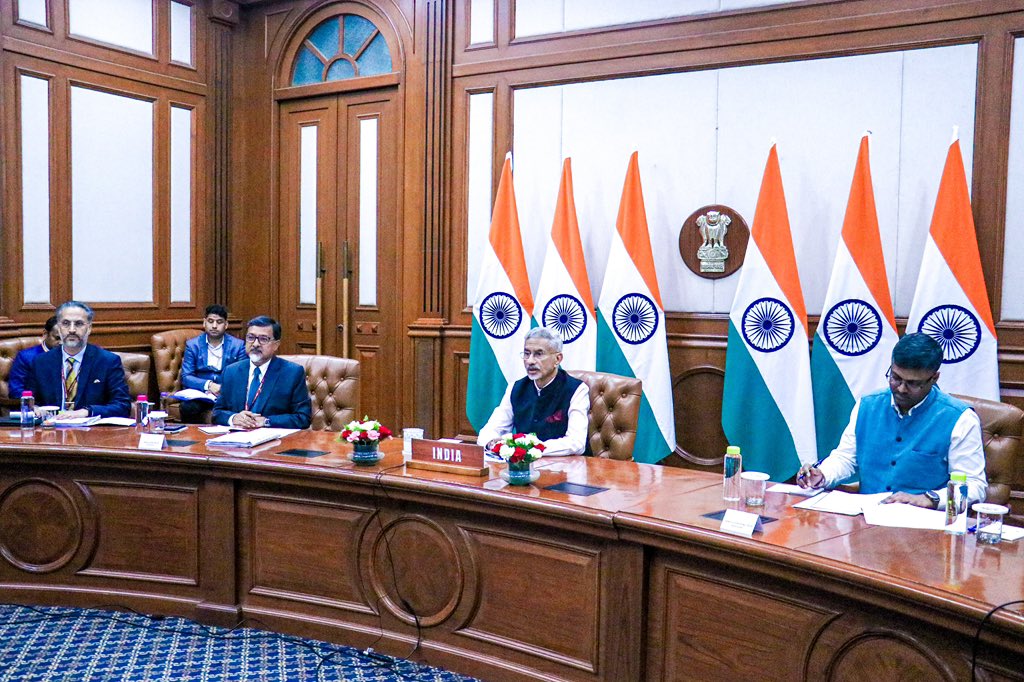
“Trade patterns and market access are today prominent issues in the global economic discourse. The world requires constructive and cooperative approaches to promote trade that is sustainable. Increasing barriers and complicating transactions will not help. Neither would the linking of trade measures to non-trade matters. The BRICS itself can set an example by reviewing trade flows among its member states. Where India is concerned, some of our biggest deficits are with BRICS partners and we have been pressing for expeditious solutions. We hope that this realisation will be part of the takeaways from today’s meeting,” he added.
The EAM emphasised that international trading system is based on the foundational principles of open, fair, transparent, non-discriminatory, inclusive, equitable and a rules-based approach with Special and Differential Treatment for developing countries. He further stated that India strongly believes that this should be protected and nurtured.
Citing the impact caused by Covid pandemic, conflicts in Ukraine and West Asia, volatility in trade and investment flows and extreme climate events, he noted that the state of the world is a cause for genuine concern.
“The state of the world today is a cause for genuine concern. The last few years have witnessed the devastating impact of the Covid pandemic, major conflicts in Ukraine and the Middle East/West Asia, volatility in trade and investment flows, extreme climate events and a discernible slowing down of the SDG Agenda. In the face of these challenges, the multilateral system appears to be failing the world. That so many serious stresses are being left unaddressed is understandably having consequences for the global order itself. It is this cumulative concern that the BRICS is now discussing,” said Jaishankar.
He further said, “The members of BRICS represent a broad diversity of societies who are nevertheless deeply affected by these developments. Even in the past, our endeavour has been to find common ground between our respective national policies and to act on that basis. Today, the focus is on stabilising the international economy and the world order. But it is equally essential that we turn our attention to ongoing conflicts, not least because they have direct developmental and supply chain implications. Furthermore, as we head towards the next UN General Assembly Session, an exchange of views on reforming multilateralism would be appropriate.”
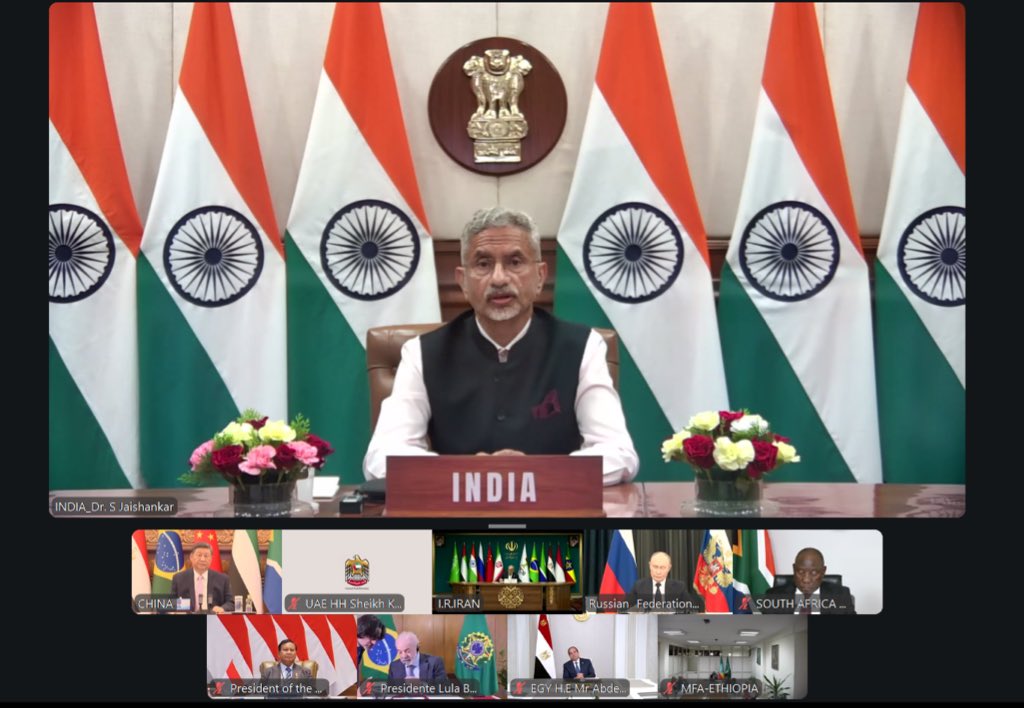
EAM Jaishankar also highlighted that world today seeks an urgent resolution of ongoing conflicts. He said that the Global South has experienced a deterioration in its food, energy and fertilizer security. The working of international organisations in the past few years, he said, has witnessed shortfalls in many areas and reiterated India’s call for reforms of the United Nations Security Council (UNSC).
“The working of international organisations in the last few years has witnessed major shortfalls in many areas. On key issues, we have unfortunately seen that gridlocks have undermined the search for common ground. These experiences have only made the case for reformed multilateralism generally, and that of the United Nations and its Security Council specifically, more urgent. The BRICS have taken a positive view of this need for reform and we expect that it would collectively become a strong voice for much awaited change,” he said.
The BRICS is a group formed by 11 countries: Brasil, Russia, India, China, South Africa, Saudi Arabia, Egypt, United Arab Emirates, Ethiopia, Indonesia, and Iran. It serves as a political and diplomatic coordination forum for countries from the Global South and for coordination in the most diverse areas. On January 1, Brazil officially assumed the BRICS chairmanship for 2025.


